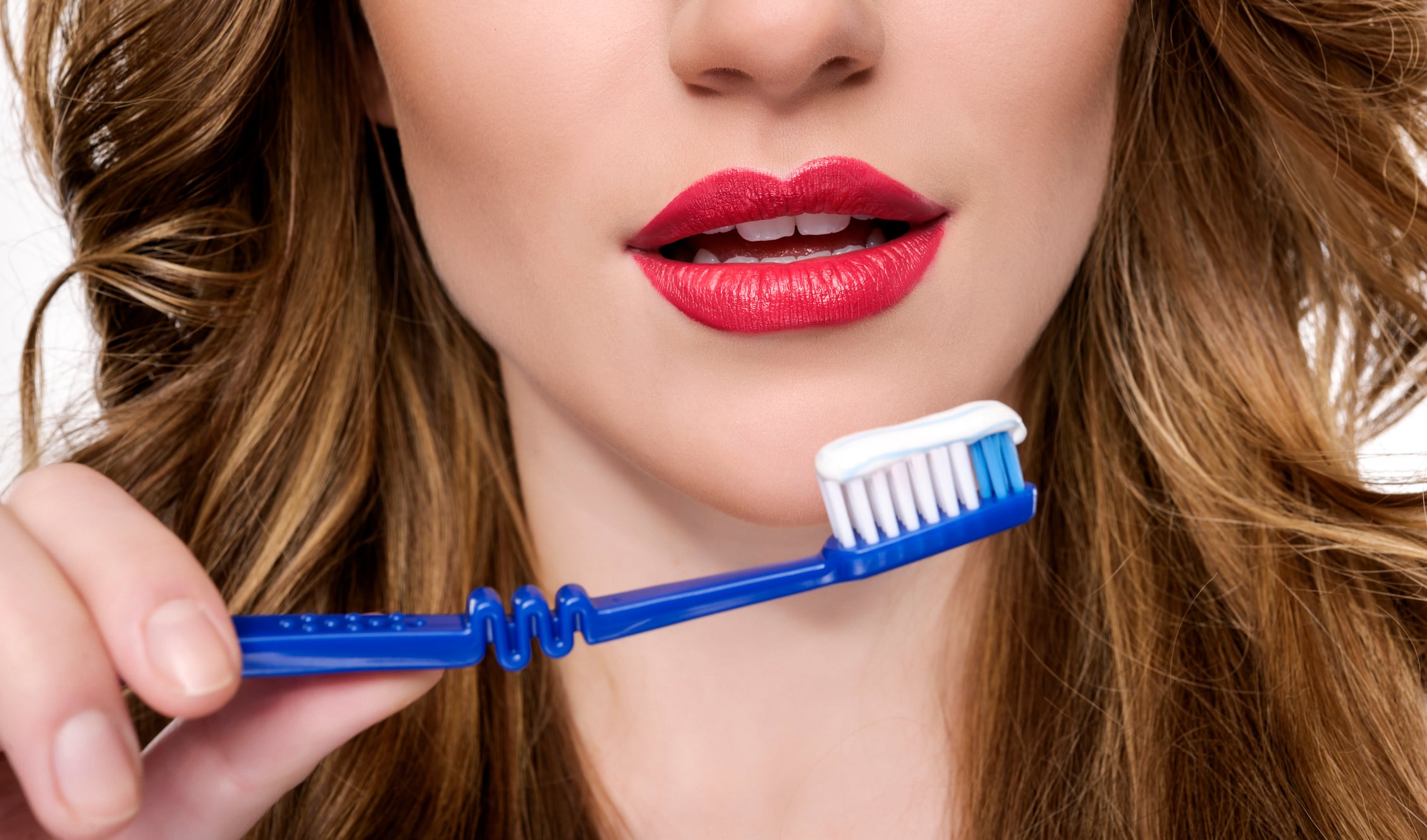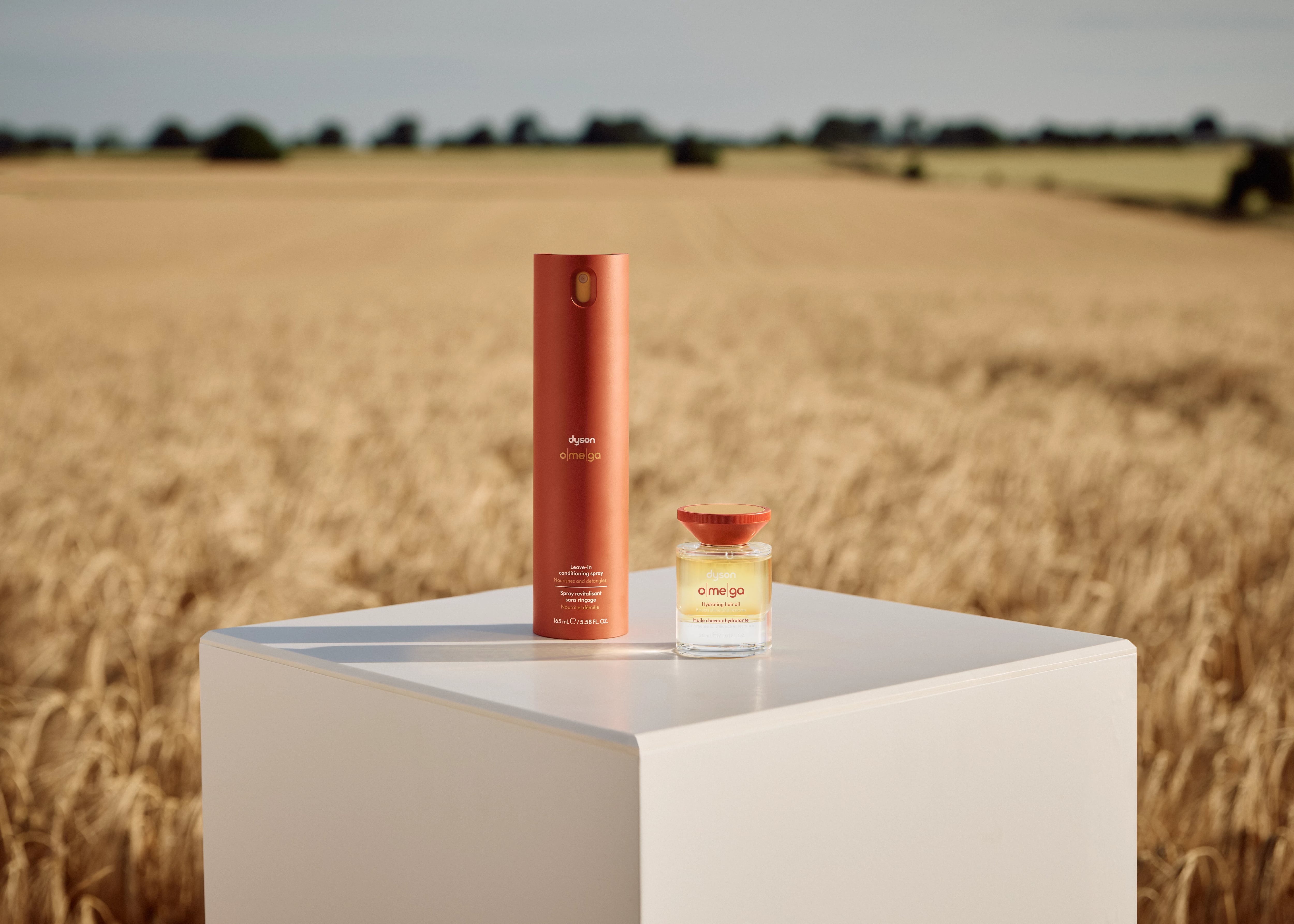As the global bond-building category grows, valued by Croda at over $800 million, ingredient suppliers are moving to meet rising demand for molecular-level hair repair, formulation flexibility, and sustainability.
For personal care manufacturers and suppliers, KeraBio K31’s launch reflects both a shift in performance benchmarks and a broader move toward biotechnological innovation in hair care actives.
Biotech and bond-building converge in hair repair innovation
Ingredient innovation in the bond-building category continues to accelerate as suppliers respond to demand for more targeted, sustainable hair repair solutions. Croda’s newly launched KeraBio K31 aligns with this mindset and is designed to address consumer interest in deep, molecular-level repair without relying on animal-derived inputs.
“KeraBio K31 is the first keratin-based bond builder, fully biomimetic and replicating human hair keratin,” Stephanie Neplaz, Global Head of Hair Category at Croda, told CosmeticsDesign. “It is also the first keratin powered by biotechnology, making it a truly biomimetic solution for brands.”
She confirmed that KeraBio K31 delivered higher strengthening performance than traditional keratin and outperformed a leading commercial bond builder in internal testing.
Low inclusion levels may offer formulation efficiency
The ingredient demonstrated full efficacy at an active inclusion level of 0.05%, which may hold formulation cost advantages for product developers.
“With such potent efficacy at low inclusion levels, complementary ingredients can easily be incorporated, [which] gives formulators greater flexibility to design differentiated, high-performing products that align with sustainability goals,” Neplaz said.
The ingredient is 99% naturally derived, vegan-suitable, and biodegradable. These characteristics are intended to support manufacturers responding to regulatory and consumer pressures to reduce reliance on animal-derived or synthetic components.
Shift from tensile to fatigue testing may influence claims strategies
To validate performance claims, Croda used cyclic fatigue testing, which Neplaz describes as “the industry gold standard method” for assessing long-term hair strength under real-world stressors such as grooming and styling.
“Unlike tensile testing, which measures the force needed to break a single fiber in one pull, cyclic fatigue testing subjects hair to repeated stretching and relaxation,” she explained.
The company also applied targeted peptide assays to map the ingredient’s interaction with human hair keratin. According to Croda, results showed preferential binding to both filament structures and the amorphous matrix within the fiber.
Proteomics and personalization in hair ingredient development
KeraBio K31 was developed using Croda’s proteomics platform, which the company says enables tailored peptide design based on understanding how hair proteins degrade across different types and damage conditions.
“Advances in proteomics and biotechnology are enabling a deeper understanding of how proteins function and degrade within the fibre and follicle,” Neplaz said. “This insight allows Croda Beauty to design bio-based ingredients with precision.”
Neplaz noted that this approach could support future ingredient launches targeting personalization in hair and scalp care.
Market relevance for 2026 product pipelines
As brands and suppliers plan 2026 launches, Croda sees KeraBio K31 as well-positioned to help companies compete in the expanding repair category while meeting sustainability targets and performance expectations.
“It enables brands to confidently enter and compete in a space continuing to grow,” Neplaz said.
The company highlights demand for “deep, molecular repair” and ingredient transparency as key drivers influencing hair repair product innovation.





